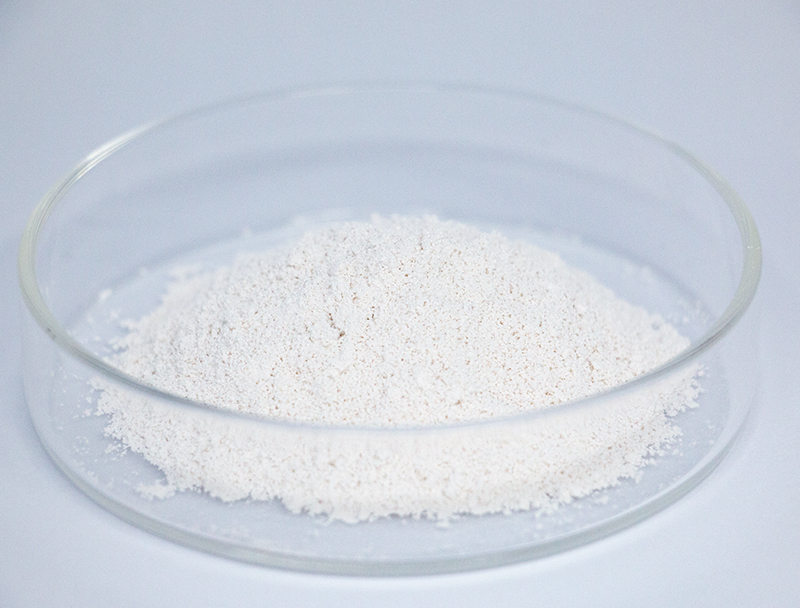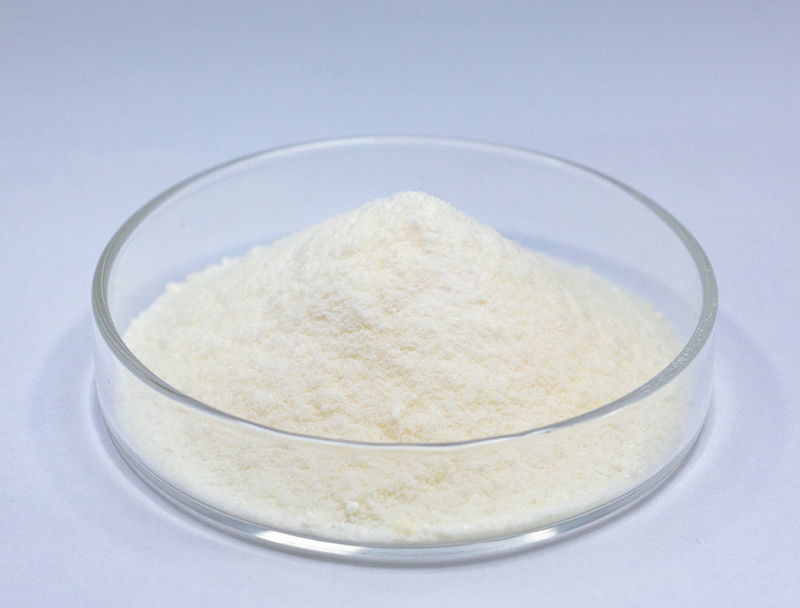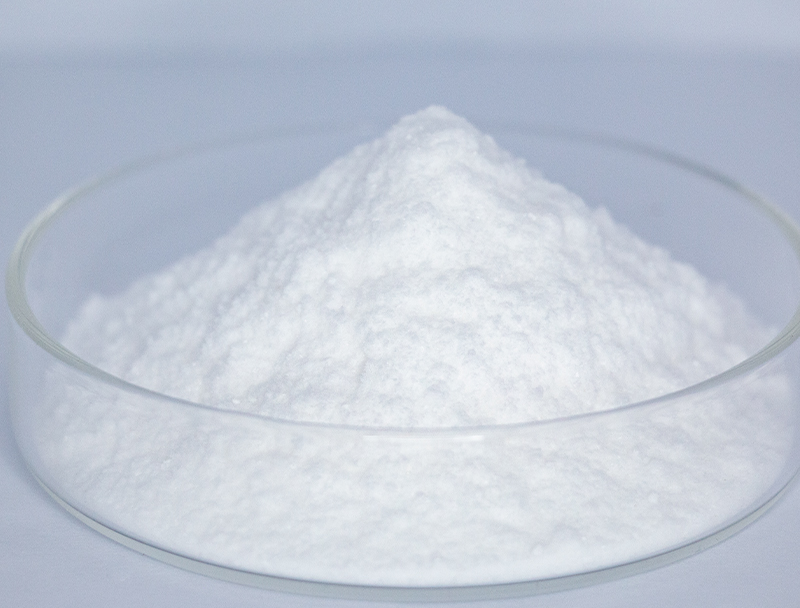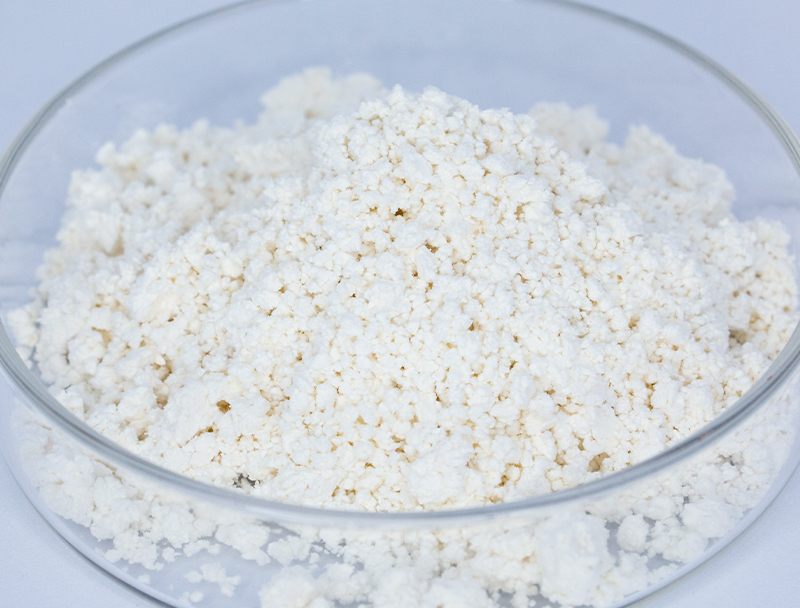
Bioprocessing depends strongly on a diverse spectrum of substrates for generating cutting-edge biobased goods.
Guaranteeing ethical acquisition of feedstocks is vital for future-proofing and moral progress in biomanufacturing.
many concerns related to standard raw input procurement for instance pollution and systematic depletion of reserves. Accordingly, manufacturers should embrace green sourcing tactics to shrink their ecological impacts.
- Cases of responsible feedstock strategies feature:
- Harnessing secondary biomass from farming outputs
- Integrating recovery systems to shrink waste while improving throughput
- Collaborating with regional vendors focused on fair procurement
Adopting sustainable feedstock strategies yields environmental wins alongside fiscal sustainability.
Maximizing Feedstock Quality for Increased Biofuel Output
Raising biofuel yields involves refining feedstock structure and content. Research teams persist in studying techniques to boost feedstock performance, facilitating elevated yields and a renewable energy transition. Programs combine genetic improvement for biomass productivity with conversion technologies to access fermentable substrates.
- Furthermore, teams search for alternative biomass sources including algal strains, industrial wastes, and crop leftovers to broaden sustainable feedstock options for fuels.
- Because of continual endeavors biofuel technology is set to attain meaningful progress that supports renewable energy growth.

Upstream Process Improvements for Modern Biopharma Production
represents the initial stages of biopharmaceutical manufacturing, encompassing all steps from cell culture and cell harvesting Recent developments in this field have resulted in optimized workflows that raise overall output.
Crucial progress includes proprietary cell systems, optimized growth media, and adaptive bioreactor architectures. These innovations not only enhance productivity but also minimize production costs and environmental impact.
- Furthermore, there is a growing trend towards continuous processing in upstream processing, allowing for increased flexibility over the production process.
- The progression to advanced biomanufacturing approaches should modernize the field and quicken therapeutic progress.

CRISPR and Beyond: Improving Biopharma Production
innovations in genome-editing toolsets have enhanced biopharmaceutical manufacturing. Via deliberate gene edits, teams amplify 5-Aminolevulinic acid protein expression for higher yields. The technique provides opportunities to manufacture economical, high-yield therapeutics for varied indications.
Harnessing Microbial Biotechnology for Sustainable Bioremediation
innovative solutions for sustainable bioremediation, a critical process for addressing environmental pollution. Microbial communities can biotransform hazardous materials into lower-risk substances. By harnessing this natural potential, we can develop environmentally friendly strategies for cleaning up contaminated sites and mitigating the negative impacts of industrial activities.. Scientists evaluate varied microbes for potential to remediate metal contaminants, pesticide compounds, and oil-derived pollutants.. The microbes may be applied within engineered reactors or in situ to catalyze pollutant degradation via biotransformation..
Microbial remediation approaches present key benefits relative to classic remediation methods. Microbe-driven cleanup typically costs less and generates fewer dangerous byproducts. Also, microbial interventions offer targeted remediation that minimizes collateral ecosystem disturbance. Research efforts persist to upgrade the potency and implementation of microbial remediation strategies.
Data-Driven Approaches for Therapeutic Development
Informatics platforms are essential to current drug discovery and development pipelines. By screening targets and refining candidate molecules, informatics drives faster, evidence-based development.
- Through evaluating comprehensive genomic, proteomic, and clinical data, teams detect novel targets and predict drug action.
- Moreover, bioinformatics contributes to drug design by simulating the interactions between drugs and their targets, ultimately leading to the development of more effective drugs.
- Finally, bioinformatics is revolutionizing the drug discovery and development process, accelerating the time to bring safe and effective treatments to patients in need.
Synthetic Biology Routes for Elevated Bioproduct Synthesis
integrates multiple methods to augment cellular production of target bioproducts. Tactics can encompass genetic engineering to reconfigure metabolism, promoter modulation to adjust expression, and pathway insertion to enable new reactions.. Through careful adjustment of metabolic routes engineers can markedly elevate product titers.
Such an integrated approach may disrupt diverse fields including therapeutics, crop science, and sustainable fuels.

Scale-Up Challenges and Prospects for Biopharmaceuticals
Large-scale manufacturing brings notable difficulties together with growth opportunities. One major challenge is maintaining consistent product quality at increased scales. Resolving it depends on rigorous control strategies, precise instrumentation, and comprehensive analytics.

The multi-faceted nature of production steps adds complexity to scaling efforts. Translating lab methods into scalable operations needs heavy research and technology breakthroughs.. Even so, the payoff can be large. Skilled scaling can enlarge supply, lower prices, and increase profit potential.
Challenges are being addressed through a number of initiatives. Efforts include process-digitization tools, integrated analytics for monitoring, and fresh manufacturing paradigms.
- Developmental projects contribute critically to scaling manufacturing competency.
- Oversight institutions are updating guidelines to ease approval of manufacturing advances and catalyze innovation.
Navigating the Regulatory Landscape for Biopharmaceuticals: Ensuring Safety and Efficacy
Creating biologic medicines requires strict regulatory controls to maintain both patient safety and therapeutic value. Biologic therapeutics bring unique regulatory and manufacturing demands unlike traditional pharmaceuticals.
Regulators such as the FDA and EMA define authorization pathways and quality standards for new biologic medicines..
Meticulous validation protocols are enforced from preclinical validation to long-term post-market evaluation.. These measures aim to identify potential risks and guarantee that biopharmaceuticals meet the highest levels of safety..
Moreover, oversight agencies continually refine approaches to align with accelerating scientific progress in therapeutics.. Efforts comprise integrating cutting-edge tools and easing development pathways while upholding patient safety.

Assessing Plant Biomass Pathways for Bioplastic Innovation
Growing emphasis on eco-conscious materials catalyzes research into plant-based options. Plant-origin feedstocks converted into bioplastics create promising opportunities for eco-friendly materials. Sources like cornstarch, cellulose fibers, and sugarcane biomass can transform into compostable plastics that decompose and reduce pollution.
Likewise, some plant-derived plastics perform similarly to petroleum-based materials for a variety of uses.. Continued research and innovation in this field are crucial to unlocking the full potential of plant-based biomass feedstocks in the manufacture of sustainable bioplastics, paving the way for a circular economy.
Biotechnology Driving Advances in Health and Agricultural Stability
Advanced biotech approaches can reshape healthcare delivery and enhance agricultural resilience. By harnessing genetic engineering, synthetic biology constructs, and advanced cell therapies, technologists deliver capabilities to reduce disease burden, raise crop outputs, and increase food value. Consider genetically enhanced crops that resist pests and environmental stresses to improve production and reduce pesticide reliance.. Also, biotechnological innovation fuels development of immunizations, antimicrobial treatments, and diagnostic platforms vital for disease control and population health.. Looking forward, continued biotech progress promises to deliver therapies and agricultural solutions that support health and sustainability worldwide.
 NMN
NMN